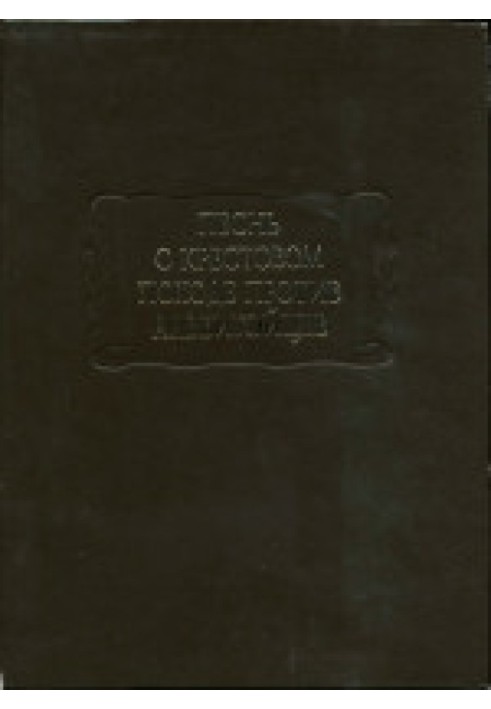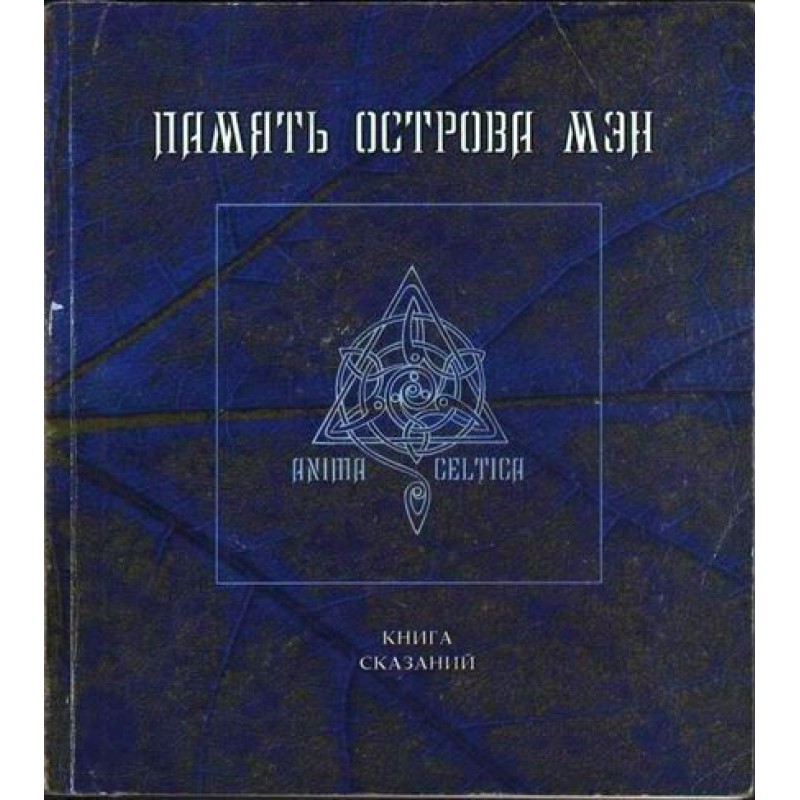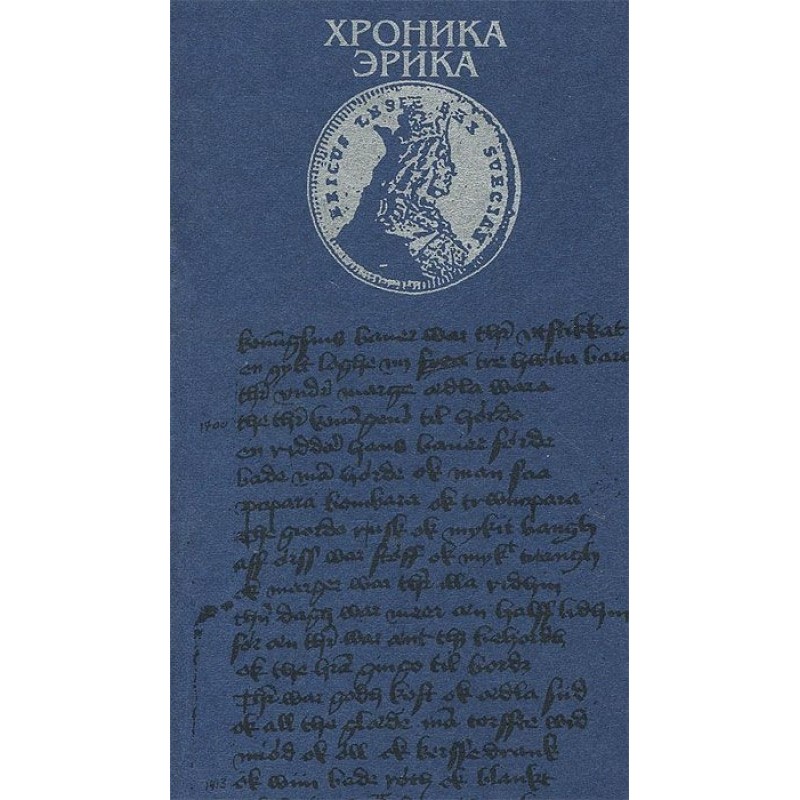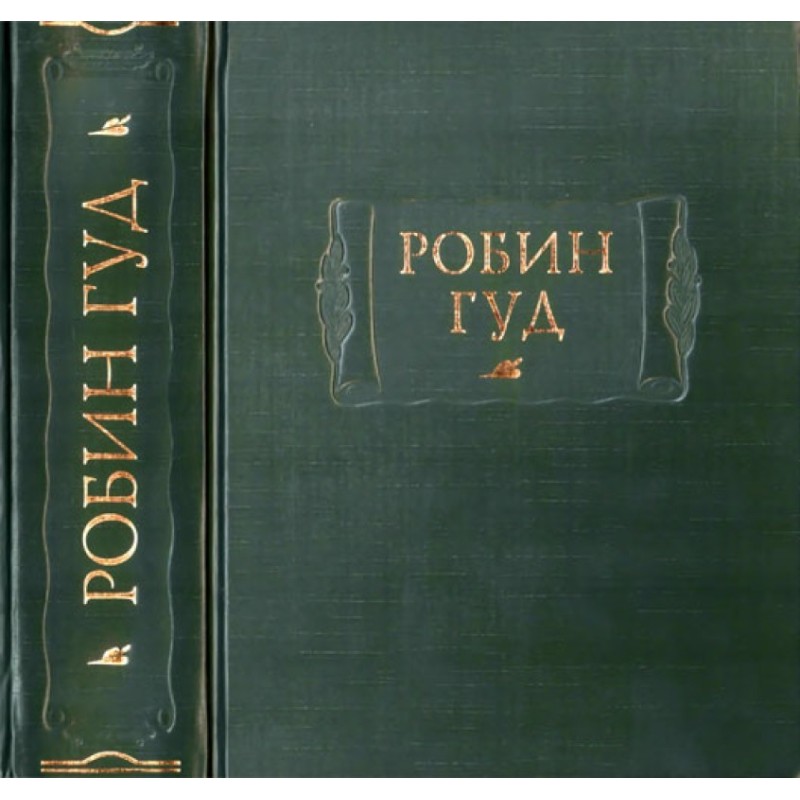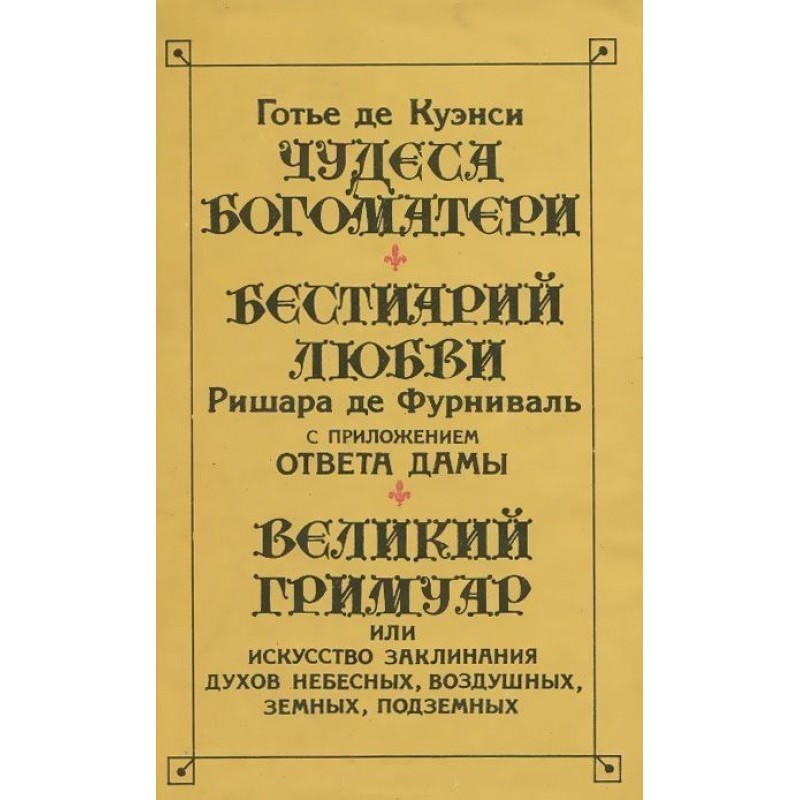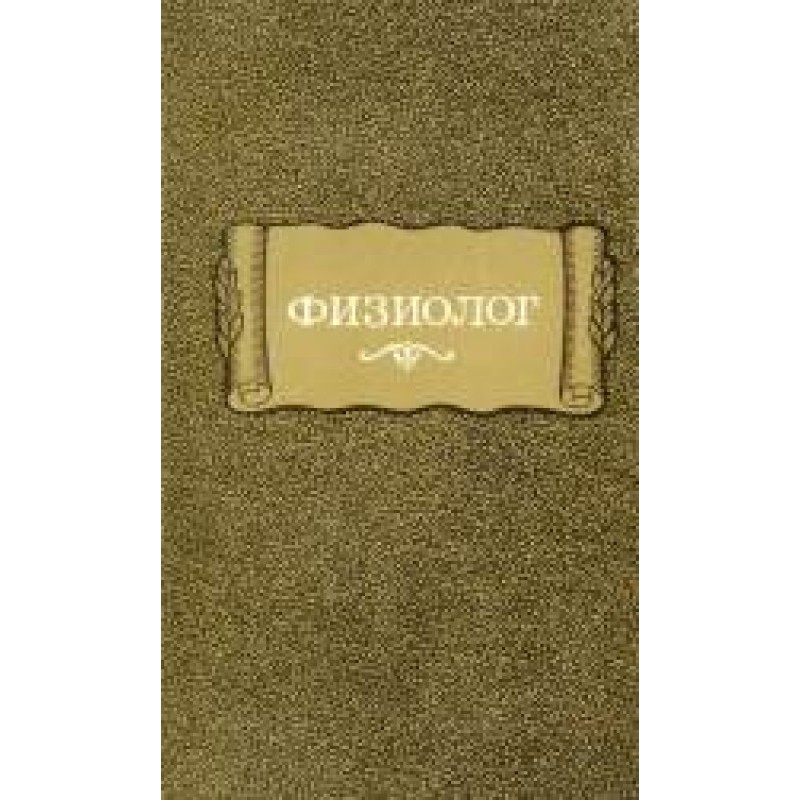Song of the Crusade against the Albigenses
 Instant download
Instant download
after payment (24/7)
 Wide range of formats
Wide range of formats
(for all gadgets)
 Full book
Full book
(including for Apple and Android)
The poem “Song of the Crusade against the Albigensians” (first half of the 13th century) is the only monument of Old Occitan literature that combines historical narrative and epic. Begun around 1214 by the cleric Guillem of Tudela, the poem was continued in 1228 by an anonymous poet who was in the retinue of Raymond VII, the last Count of Toulouse. In 1208, Pope Innocent III called on the barons and commoners in a crusade against the Albigensian heretics, and in In 1209, an army led by the papal legate Arnaud Amaury entered the flourishing lands of the south of France and began to mercilessly plunder cities and castles, destroying everyone who resisted. “Kill everyone, the Lord will sort it out,” - this is how the legate answered the question of how to distinguish a heretic from a Catholic. The names of the leader of the campaign, Count Simon de Montfort and his “right hand” - Bishop Folquet of Toulouse, a former troubadour, became almost household names, personifying piety and virtue for the crusade army, and cruelty, lies and hypocrisy for the southerners. The fight against the Albigensians (otherwise known as Cathars) started by the Pope soon developed into a war of conquest by the French feudal lords, and then by the king of France himself, for the annexation of the rich lands and possessions of the South to the French crown. The enslaving treaty, signed in 1229, put an end to the Albigensian wars and the independence of the southern French lands. Inspired by descriptions of the overseas crusades, Guilhem of Tudela created a poetic chronicle of the campaign against the Albigensians, praising Montfort and his army, bravely defeating heretics. Anonymous, who continued his work, transferred the conflict to the sphere a tragic clash between the ideals developed by Occitan society (Honour, Valor, Chivalry) and the violence and treachery instilled by Montfort and his barons. In the lines of the anonymous author, religious strife receded into the background, and the idea of national unity of Occitania, the struggle for the independence of the southern French nation and the disgrace of its enemies came to the fore. The epic scope inherent in individual passages of Guilhem's poem reached its culmination in Anonymous's poem. Both authors created a work that enriched not only Occitan, but also world literature of the Middle Ages, and it rightfully took its rightful place among the poetic monuments of the past. “The Song of the Crusade against the Albigensians” has been translated into Russian in its entirety for the first time. The publication is supplied with a scientific article and translator's article, a comparative chronology of historical events presented in the poem, notes, indexes, maps (including on the color tab), illustrations. Also presented is an excerpt from the prose version of the poem. CONTENTS: SONG OF THE CRUSADE AGAINST THE ALBIGOENS. Translation by I.O. Belavin Part I (9). Part II (87). ADDITIONS Extract from the “Merville Manuscript” (chapters XVII-XIX). Translation by E.V. Morozova (263). APPENDICES by E.V. Morozova. History in the mirror of poetry (281).1. “This region has completely fallen from the hands of the Lord!” (281).2. “Heresy rose like a reptile from the bottom of the seas...” (286).3. “...in this region life will end in failure...” (289).4. “The Lord has not yet created from the beginning of all times | The one who could describe this military Babylon...” (290).5. “Guilhem composed and wrote down this whole song without haste...” (292).6. "... led a story about the king and those lords...” (295).7. “The hour has come! Or the blow of the enemy will break like a cup | Toulouse, or within its walls we will find a stronghold..." (302). I.O. Belavin. On the concept of literary translation of the “Song of the Crusade against the Albigensians” (305). Chronology of events reflected in the “Song of the Crusade against the Albigensians”. Composition by E.V. Morozova (313). Brief chronology of further events of the annexation of Occitania to the French crown. Composition E.V. Morozova (320). Notes. Composition E.V.Morozova (322).Index of names. Composition E.V. Morozova (395). Index of geographical names. Compiled by E.V. Morozova (417). List of illustrations and maps (425). List of abbreviations (434).
Data sheet
- Name of the Author
- Автор Неизвестен Европейская старинная литература --
- Language
- Russian
- Translator
- Елена Вячеславовна Морозова
Игорь Олегович Белавин
Reviews
Вражаюча епопея про боротьбу та ідеали!
Поема «Пісня про хрестовий похід проти альбігойців» є справжнім шедевром староокситанської літератури, що не лише розповідає про історичні події, але й порушує глибокі філософські питання про честь, доблесть та національну ідентичність. Автори вдало поєднують епічний розмах з трагічними моментами, що робить читання неймовірно захоплюючим. Я вражений, як вони змогли передати атмосферу того часу, показуючи жорстокість війни та водночас красу і велич окситанського суспільства. Ця поема не лише документує історію, але й закликає до роздумів про моральні цінності, про те, як ідеали можуть бути спотворені в умовах насильства. Я безумовно рекомендую цю книгу всім, хто цікавиться історією, літературою та культурою Середньовіччя. Вона залишила в мені глибокий слід і спонукала до роздумів про сучасність.

